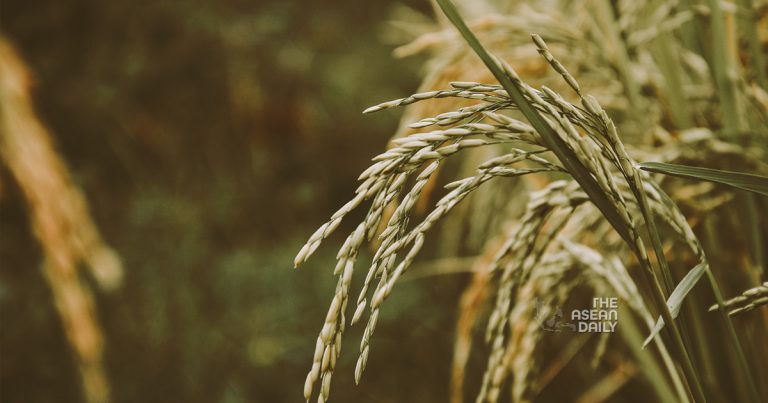26-6-2024 (JAKARTA) Indonesia’s recent ambitious plan to acquire Cambodian rice companies in a bid to bolster its domestic rice supplies may face significant obstacles due to export restrictions and local land ownership laws, experts have cautioned. The initiative, spearheaded by the state-owned logistics agency Bulog, was set in motion after outgoing President Joko Widodo instructed the agency to explore such acquisitions to ensure the country’s rice reserves remain at a “safe level.”
As the world’s fourth-largest rice producer and third-largest consumer, Indonesia plans to import more than 3.6 million tonnes of rice in 2024, anticipating a smaller harvest due to droughts and aiming to maintain stable prices for consumers. However, while acquiring a rice producer in Cambodia might seem like a straightforward solution, a closer examination reveals complexities that could hamper these ambitions.
Bhima Yudhistira, the executive director of the Jakarta-based Centre of Economic and Law Studies, highlighted that even if Indonesia successfully acquires a Cambodian company, it would still be subject to local laws and directives. “If the Cambodian government decides that its rice should be prioritised for its domestic needs, the company cannot maximise its exports to Indonesia. Bulog must take into account such restrictions,” he told The Straits Times.
Bayu Krisnamurthi, the president director of Bulog, acknowledged that the agency has not yet delved into the export-related issues that acquired companies might face, indicating that the plan is still in its early stages.
Under a bilateral trade agreement renewed in 2023, Indonesia can purchase up to 250,000 tonnes of rice from Cambodia annually from 2024 to 2028. However, Khudori, an agriculture expert from the Association of Indonesia Political Economy, noted that this annual allowance is a mere fraction of Indonesia’s overall rice needs.
Furthermore, the global rice supply chain is facing uncertainties due to increased worldwide consumption and export restrictions imposed by major rice-exporting countries like India during supply crises or production disruptions. This has led Khudori to suggest that Bulog should explore purchasing farmland in Cambodia to enhance food security, citing examples of land acquisitions by countries like China and Saudi Arabia for securing agricultural commodities.
However, the prospect of land acquisition in Cambodia for rice farming presents its own set of challenges. Bora Chhay, the managing director at Bower Group Asia in Cambodia, pointed out restrictions on land ownership, stating that “ownership of land for the purpose of conducting promoted investment activities is reserved exclusively for individuals holding Cambodian citizenship, or for legal entities in which more than 51 percent of the equity capital is directly owned by Cambodian citizens or legal entities.”
Amid these complexities, experts like Bhima have urged Indonesia to focus on addressing domestic issues plaguing rice production, such as inadequate warehousing and storage facilities, lack of investment in equipment and technology, and the need to optimize existing rice fields and irrigation systems.
Agriculture Minister Andi Amran Sulaiman echoed this sentiment, stating that any acquisition proposal should be accompanied by domestic efforts to maximize local food resources, including establishing new rice fields where possible, optimizing existing ones, and improving watering systems.




